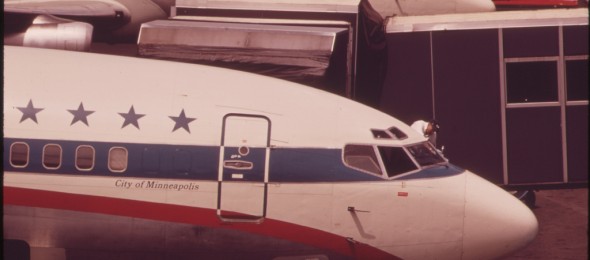Vera Korzun, Adjunct Professor at the Fordham University School of Law, has authored “Arbitrating Antitrust Claims: From Suspicion to Trust,” New York University Journal of International Law and Politics (JILP), Vol. 48, 2016, Forthcoming. In her scholarly article, Professor Korzun discusses the adjudication and enforcement of domestic antitrust laws by international arbitral tribunals.
Here is the abstract:
This Article examines the evolving role of international commercial arbitration in the enforcement of domestic antitrust laws. It first explores how antitrust claims and issues can arise in international arbitrations. It then describes three phases in the evolution of domestic courts’ attitude to the adjudication of antitrust claims by international arbitral tribunals. Initially, national courts, like courts of the United States prior to the U.S. Supreme Court’s pathmarking 1985 decision in Mitsubishi v. Soler, were suspicious of private adjudication of antitrust claims, cognizant of the public values implicated by antitrust law. A remarkable but unnoticed transformation has ensued. Now, the national courts of most developed economies accept — and even mandate — adjudication of antitrust claims by private international arbitral tribunals. The transformation may be predictive of future acceptance of international arbitral tribunals as acceptable forums for dispute resolution in other “public” subject matters. The Article concludes by suggesting how international arbitrators should discharge this new role and how domestic courts might police it.
This and other research papers written by Professor Korzun may be downloaded free of charge from the Social Science Research Network.
Photo credit: The U.S. National Archives / Foter / No known copyright restrictions














